Alcohol is a toxin to all of the body's cells. Furthermore, any misuse can lead to physiological and psychological addiction in the drinker. Meanwhile, excluding this chemical compound is impossible because alcohol is included in many regularly consumed foods and drinks, such as whiskey, vodka, and spirits.
Alcohol can induce blood sugar levels to shoot up or drop rapidly based on the dose consumed, making it extremely risky for diabetics. As a result, such patients should exercise extreme caution when consuming alcoholic products. [1]
Sugar Content in Alcohol
The concentration of yeast strains in various liquids causes alcohol to be produced by fermenting the sugars organically contained in the beverage. The more the number of microbial fermentation glucose, the higher the creation of alcohol in the beverages.
So, doesn't all sugar ferment and stay active in certain beverages? There are also carbs, the amount of which varies based on the type of drink. [2]
How Alcohol Affects My Blood Glucose Control?
Alcohol can affect the overall strain of the individual adversely. As a result, it has the potential to alter blood glucose levels. Incidental alcohol use induces a rapid overflow of insulin, resulting in a rapid decrease in sugar levels; in contrast, frequent alcohol drinking impairs insulin synthesis, resulting in a severe elevation in blood sugar levels. [3]
Alcohol and Emotional Control
Though alcohol affects the overall physique, it can also significantly impact the human brain, forcing you to have a set idea about drinking. Alcohol misuse causes health concerns such as the destruction of insulin-producing cells and damage to the liver and kidneys. After all, it creates an emotional condition of addiction, disrupting social, mental, and moral interactions. Such an approach to stop drinking alcohol creates significant detoxification symptoms, making it nearly challenging to break the dependency without the assistance of a professional. [4]
Alcohol and Weight Control
Because alcohol has a higher nutritional composition than foodstuff for similar body weight, it is simple to consume caloric intake without realizing it. Furthermore, the calorie count in alcohol does not serve to protect the body. As a result, they tend to gather and induce hypotension in body weight regulation. [5]
Alcohol and Carbohydrates Control
As previously stated, alcoholic products frequently include more or fewer carbohydrates depending on the nature of the liquor. Therefore, alcohol misuse can contribute to a major issue with carbohydrate regulation, with implications for blood glucose. [6]
Alcohol and Kidney
As previously said, alcohol can impact the entire body, especially the kidney. Excessive alcohol use can result in more significant or lower severe renal failure based on whether the alcohol addiction is momentary or long-term. Drinking excessively for an extended period can result in acute and life-threatening renal disease. Therefore, we should be highly cautious. [7]
Advice for Diabetes Drinking Alcohol
Because alcohol can be pleasurable and influence the entire body, caution must be exercised because supplementary adverse effects such as memory loss or inability to take prescription drugs because of alcohol, metabolic acidosis about the overall nutrition plan, in moreover to various types of immediate harm associated with drinking in diabetes mellitus sufferers, such as glucose and insulin level relapses and malfunction to insulin development mechanisms, could happen. As a result, whether alcohol consumption is rare or regular, a diabetic patient should consider what amount and when alcohol to consume to minimize the disease's direct or indirect deterioration. [8]
Furthermore, a team of experts thoroughly analyzed this element of alcohol intake by diabetic patients, allowing them to create a statistic regarding the kinds of individuals who, unhappily, consume drinks daily. The findings of this study can be found in Table - PMC (nih.gov) generated by the expert panel.
Things to Avoid when Drinking Alcohol for Diabetics
Considerations that should be avoided after drinking alcohol are usually applicable not just to diabetes patients yet to everyone. Preventing driving automobiles and work transportation, participating in sporting events, feeling lonely, and taking medicines is critical. Furthermore, a diabetic should avoid eating foods containing sugars and carbs, as alcohol typically comprises sugars and complex carbs. [9]
FAQ
Does Guinness Raise Blood Sugar?
For most consumers, Guinness-style drinks are more healthful than the rest of the world. But, for persons with diabetes, consumers can be dangerous because their body sugar level is low but high in carbs, which leads to blood sugar rising. [10]
Are there any Drinks Contain Alcohol?
People have been preparing and consuming alcoholic drinks for over 9,000 years. Wines, liquor, and beer are the three basic types of alcoholic liquids. A few alcoholic beverages possess more ethanol than others and can promote intoxication and alcoholic toxicity relatively faster and in lower quantities.
What Lager can Diabetics Drink?
Lagers are alcoholic beverages. Thus, the basic rule that has been established thus often appears to apply: they are dangerous to diabetes patients. If you can't live without a Lager beer once and again, read the nutritional labels on the bottles. Although the amount of glucose and carbs is not always specified, the alcoholic Proportion of the beers is. Thus, selecting the beverage with the least alcohol concentration will usually also be the beer with the least sugar and carbohydrate amount. [11]
Can Drinking Alcohol Cause Hypos?
As earlier stated, alcohol influences the overall human body. Alcohol can trigger a rapid insulin release, quickly lowering blood glucose levels. An abnormally low blood sugar level causes dangerous hypoglycemia, which is frequently significantly more harmful than a high blood glucose level.
Final Thoughts
Because of the physiological consequences of alcohol, everyone should avoid consuming it in abundance. But, for persons with diabetes, moderate consumption might be hazardous due to the risk of hypoglycemia. As a result, it is recommended that you stop drinking alcohol, but if you must have a beverage once in a while, pick beers and liquids with very little alcohol concentration.
References
[1] American Diabetes Association. (2004). Insulin administration. Diabetes care, 27(suppl_1), s106-s107.
[2] McGovern, P. E. (2009). Uncorking the past: the quest for wine, beer, and other alcoholic beverages. Univ of California Press.
[3] Kaser, S., Ebenbichler, C. F., & Tilg, H. (2010). Pharmacological and non‐pharmacological treatment of non‐alcoholic fatty liver disease. International journal of clinical practice, 64(7), 968-983.
[4] Babor, T. F., Higgins-Biddle, J. C., Saunders, J. B., & Monteiro, M. G. (2001). The alcohol use disorders identification test (pp. 1-37). Geneva: World Health Organization.
[5] Foster, R. K., & Marriott, H. E. (2006). Alcohol consumption in the new millennium–weighing up the risks and benefits for our health. Nutrition Bulletin, 31(4), 286-331.
[6] Teschke, R. (2018). Alcoholic liver disease: alcohol metabolism, cascade of molecular mechanisms, cellular targets, and clinical aspects. Biomedicines, 6(4), 106.
[7] Wimalawansa, S. J. (2016). The role of ions, heavy metals, fluoride, and agrochemicals: critical evaluation of potential aetiological factors of chronic kidney disease of multifactorial origin (CKDmfo/CKDu) and recommendations for its eradication. Environmental geochemistry and health, 38(3), 639-678.
[8] Adinoff, B., Iranmanesh, A., Veldhuis, J., & Fisher, L. (1998). Disturbances of the stress response: the role of the HPA axis during alcohol withdrawal and abstinence. Alcohol health and research world, 22(1), 67.
[9] Franz, M. J., Bantle, J., Beebe, C. A., & Brunzell, J. D. (2002). American Diabetes Association position statement: Evidence-based nutrition principles and recommendations for the treatment and prevention of diabetes and related... Journal of the Academy of Nutrition and Dietetics, 102(1), 109.
[10] Jara, A. J., Zamora, M. A., & Skarmeta, A. F. (2011). An internet of things–based personal device for diabetes therapy management in ambient assisted living (AAL). Personal and Ubiquitous Computing, 15(4), 431-440.
[11] Mellor, D. D., Hanna-Khalil, B., & Carson, R. (2020). A review of the potential health benefits of low alcohol and alcohol-free beer: Effects of ingredients and craft brewing processes on potentially bioactive metabolites. Beverages, 6(2), 25.


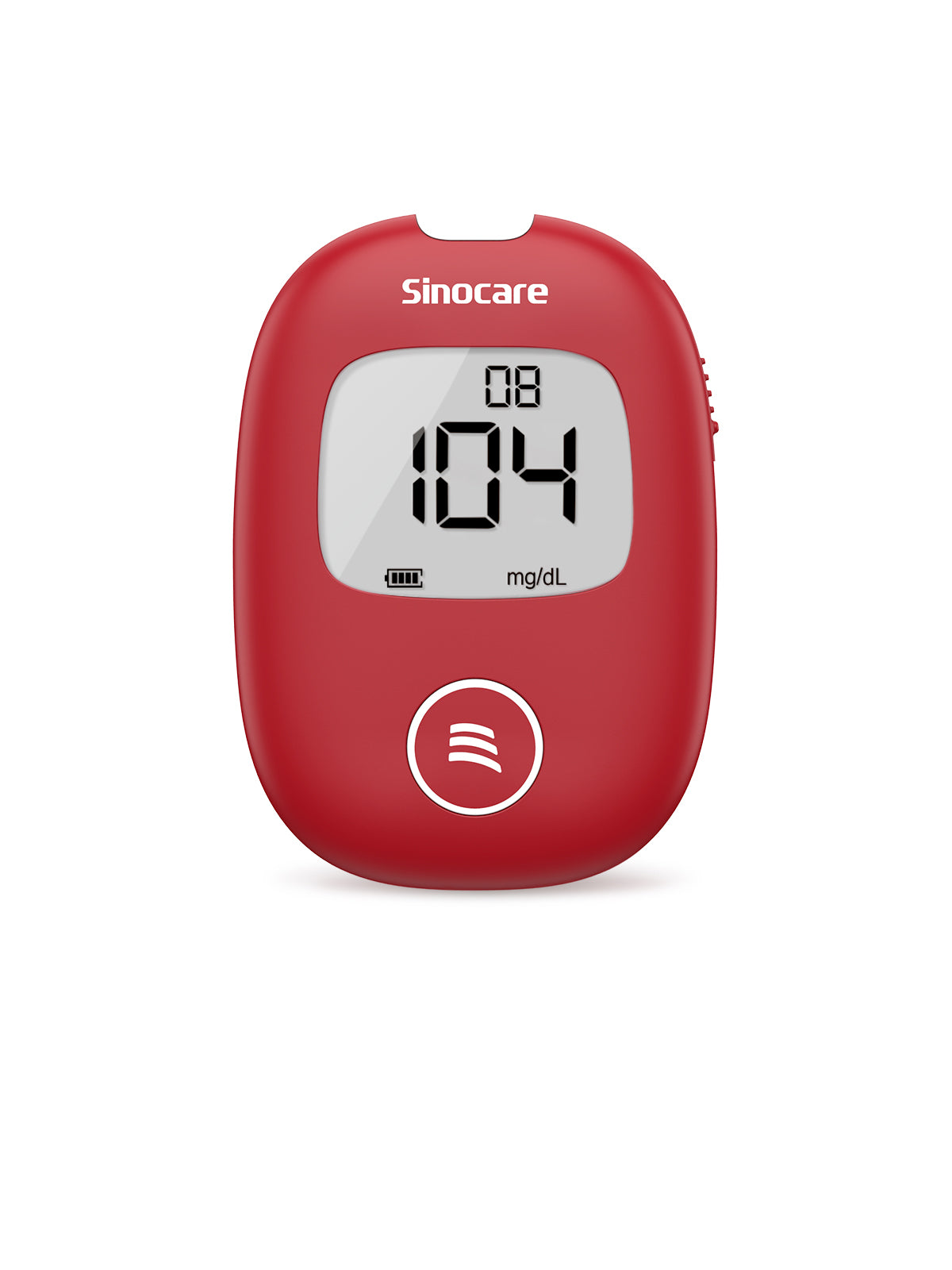
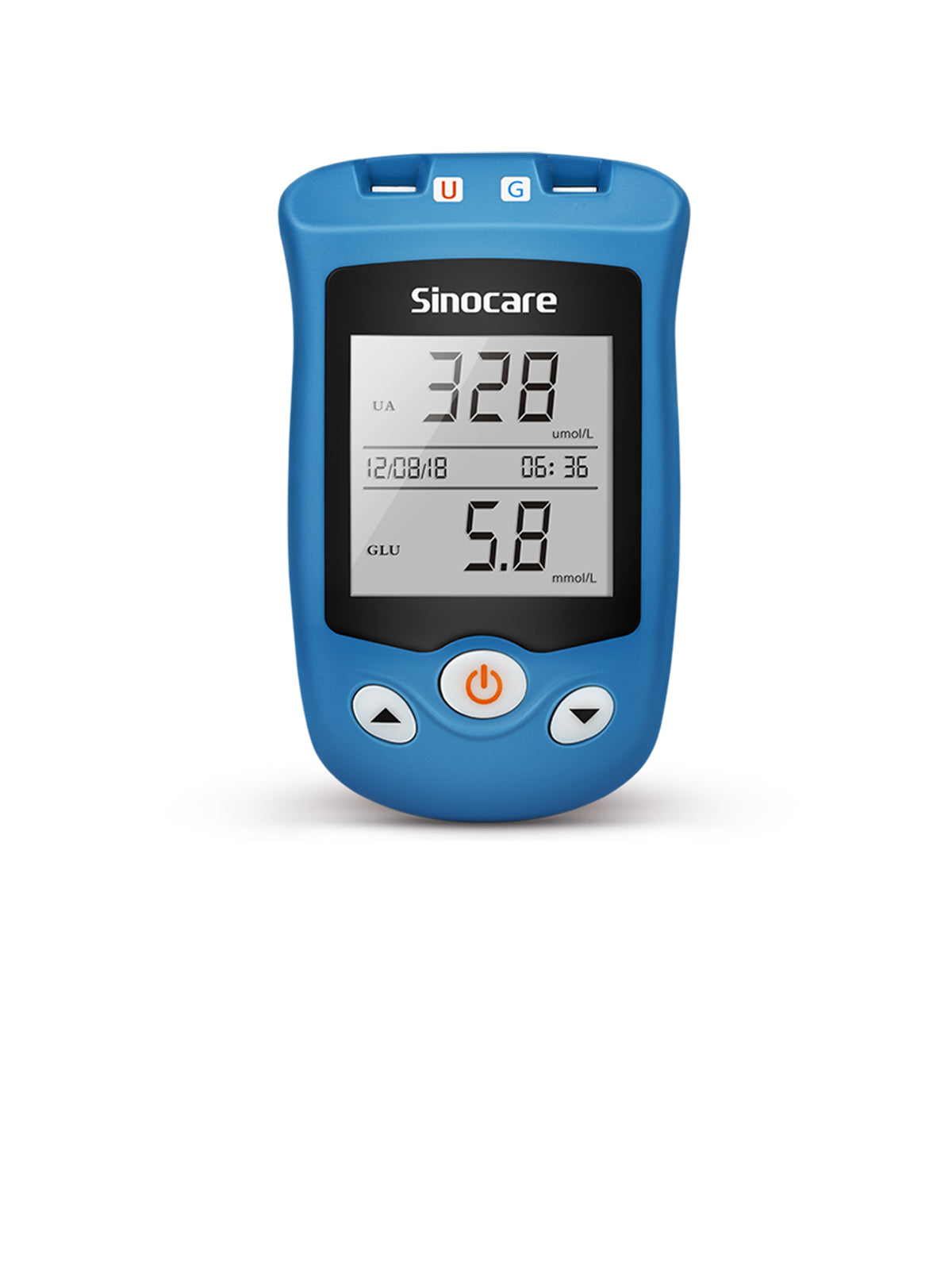
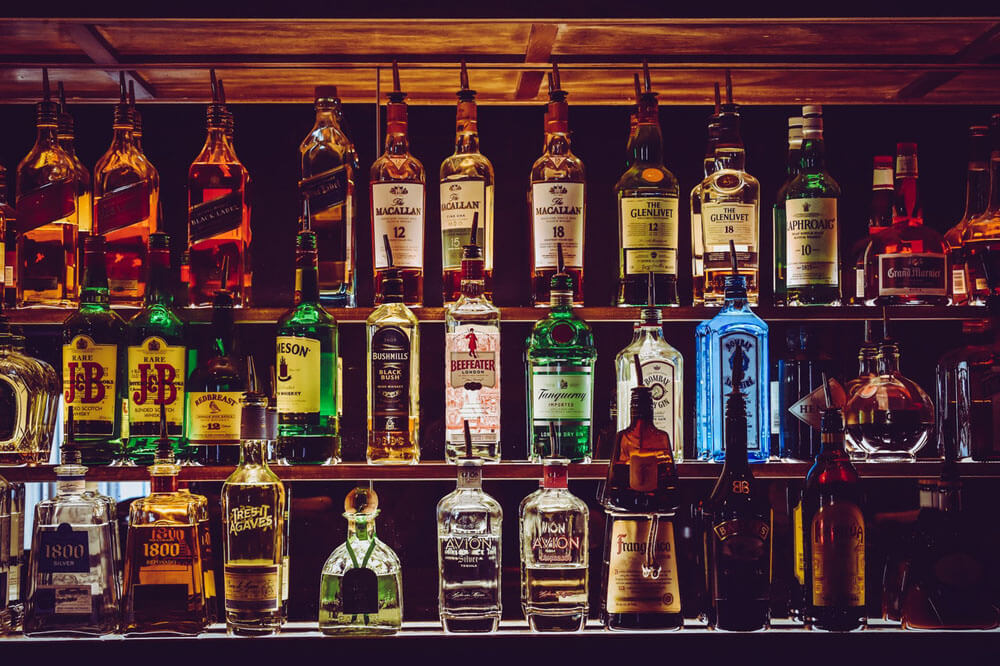
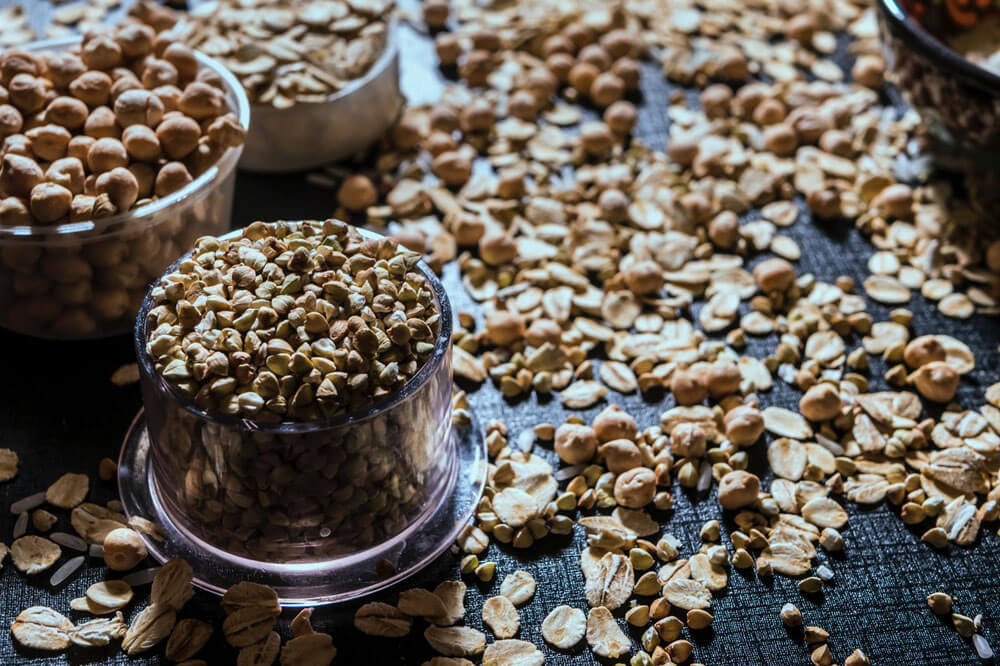
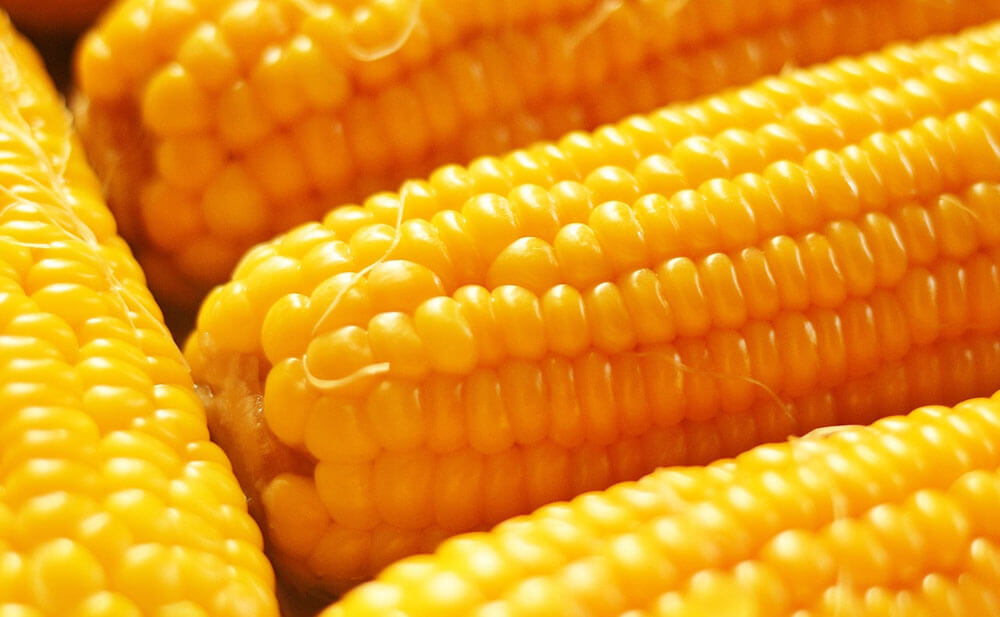



Leave a comment
All comments are moderated before being published.
This site is protected by hCaptcha and the hCaptcha Privacy Policy and Terms of Service apply.